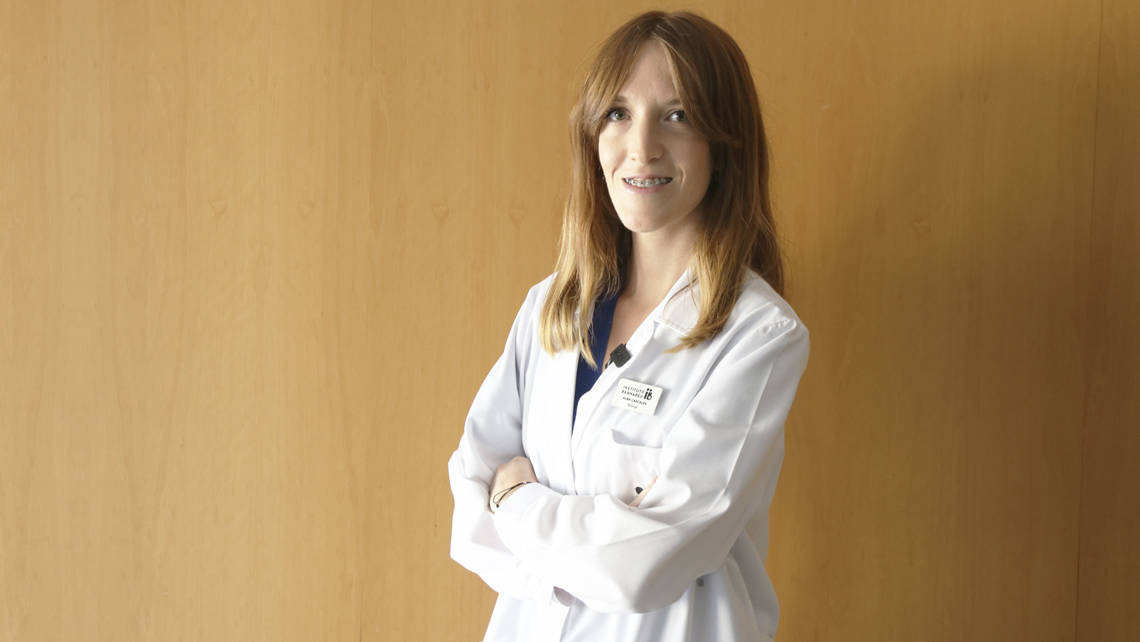An Instituto Bernabeu study concludes that embryonic mosaicism is more frequent in young women and their embryos have a slower development
22-11-2023

The embryo biopsy day, performed on day 6 or 7 of development, and the woman’s age (less than 34 years old) are related to a higher rate of mosaic embryos. This is the conclusion of the study led by Dr Alba Cascales, biologist in the genetics and molecular biology team at Instituto Bernabeu Biotech, which was recently published in the Journal of Assisted Reproduction and Genetics of the American Society for Reproductive Medicine.
With this finding “we have obtained very valuable information for clinicians and patients, in order to improve the in vitro fertilisation cycles management and genetic counselling, without the need of modifying current clinical practices”, said Dr Cascales.
Mosaic embryos are those that contain normal and chromosomally altered cells and, although they can give rise to an evolutionary pregnancy, in some cases their implantation rate is lower and they are related to a higher miscarriage rate. “Thanks to this research we can have more information about the origin and mechanism of embryonic mosaicism”, concludes Dr Alba Cascales.
This study is the first meta-analysis (a study that brings together different individual studies on a topic to obtain more robust conclusions) published on the factor influencing embryonic mosaicism.
Factors associated with embryo mosaicism: a systematic review and meta-analysis
A. Cascales, R. Morales, A. Castro, J.A. Ortiz, B. Lledo, J. Ten, A. Bernabeu, R. Bernabeu
